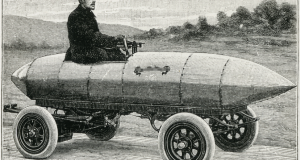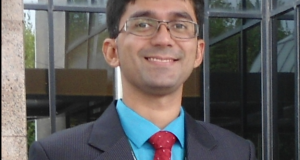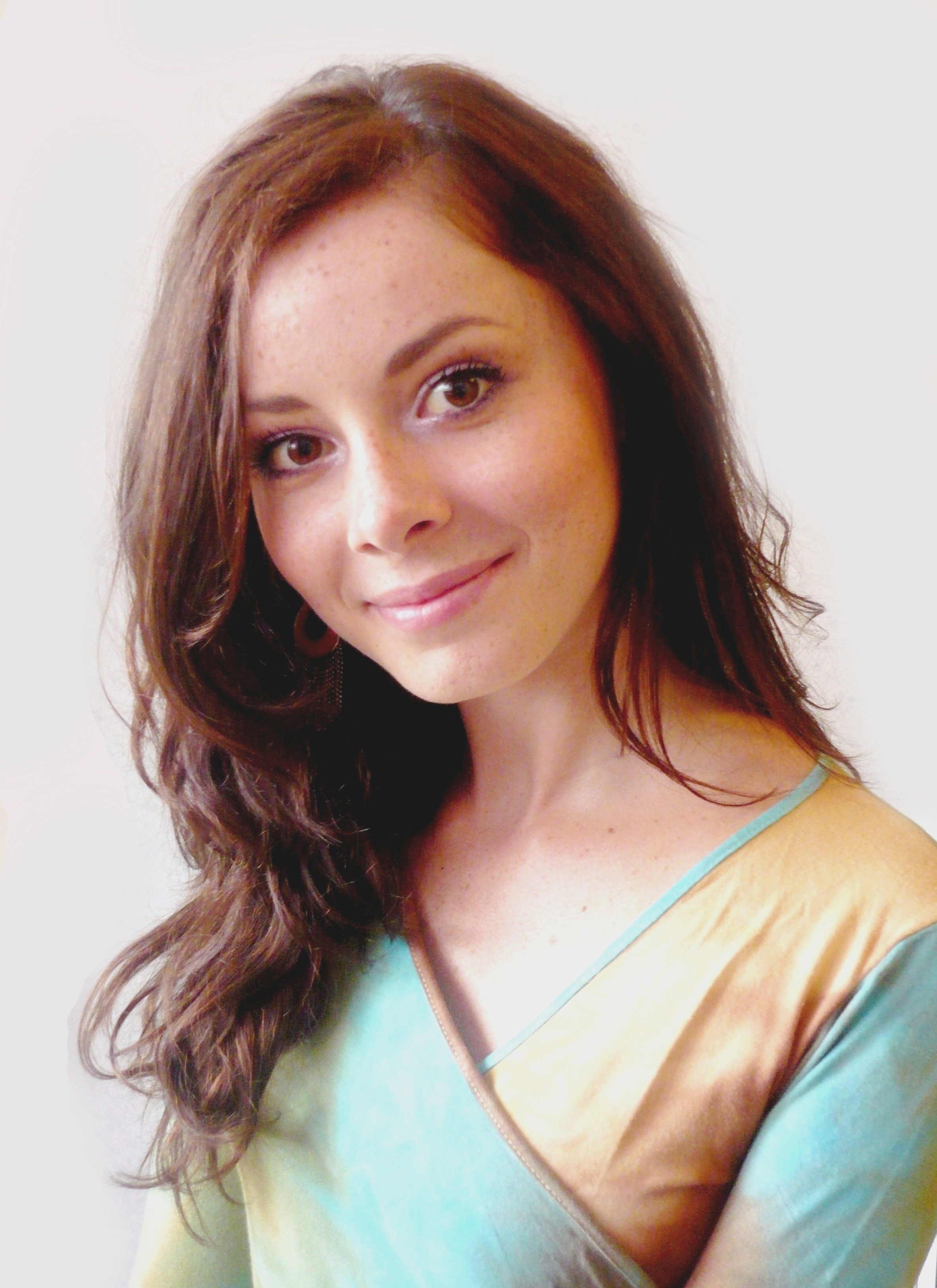- Who are you?
My name is Muhammad Farhan Mehmood. I live in Slovenia, but I am from Pakistan.
- How would you define yourself?
Ambitious and confident.
- So, what do you exactly do within the DEMETER project?
Different magnet recycling and reprocessing routes, like HD processing, remelting, spark plasma sintering and electrochemical deposition, influence on the resulting microstructure or nanostructure. For example, on the structure and chemistry of the interfaces (grain boundaries and phase boundaries), various impurities can be introduced (oxygen at the grain boundary) which are critical in defining the final magnetic properties. Therefore, the detailed understanding of the recycled magnet nanostructure is of vital importance to identify the weak link in the nanostructure responsible of the potential detrimental magnetic performance during recycling process.
I do the microscopy of recycled NdFeB and SmCo systems. Microscopic techniques involving Scanning Electron Microscopy, Focused Ion Beam (FIB) – SEM as well as Transmission Electron microscopy techniques including High-Resolution TEM, High Angle Annular Dark Field – STEM, Energy Dispersive X-Ray Spectroscopy and Electron Energy Loss Spectroscopy (Cs-corrected TEM / STEM emerging techniques).
These characterizations give us information about Grain Boundaries, triple pockets, phase boundaries, structural and compositional defects in recycled SmCo and NdFeB magnets.
- Why did you choose this topic, and why the DEMETER project?
I was always passionate to see materials at micro and nanoscale. I’ve enjoyed my academic work so far, but I really feel I’ve got more to offer as a researcher. After joining DEMETER, my mentor Prof. Dr. Sašo Šturm inspired me a lot in the field of microscopy. He is truly, one of the best Microscopist in the world.
- Would you pursue a career within your topic?
I feel my PhD project can open up new lines of inquiry for this field and want to use it as the foundation for a fruitful research career. But, I’m also interested in the wider development opportunities included in this doctoral programme. I want to be an academic, but I’m happy to keep other options open.
- Have you ever considered moving to a new country/continent before?
Yes, always. Because I believe that moving to a new place opens a horizon of opportunities.
- What is your impression of your host country? Would you like to stay after the project is over?
Slovenia is a nice place to live. If I get an opportunity, definitely I will stay here.
- Do you work alone on your topic or do you have a “teammate”? Tell, us something about him/her!
I work alone on my topic. But I have also collaboration with Awais Ikram (ESR 7). We have published very good results. He is a nice guy and best friend. Thanks Awais!!
- Approaching the end of the project…share your best memory in DEMETER.
Every second is memorable in DEMETER. But the best one was in 2017, when I participated in Quantitative Electron Microscopy School in France. It was a summer school for 2 weeks on different Microscopic techniques and a life time experience.
- From your experience, what do you think an EU MSCA project offers to an ‘early stage researcher’ that a regular one doesn’t?
I believe that EU MSCA project is the best opportunity for beginning researchers. It’s the perfect blend of Academia and industry.

 European Training Network for the Design and Recycling of Rare-Earth Permanent Magnet Motors and Generators in Hybrid and Full Electric Vehicles (DEMETER)
European Training Network for the Design and Recycling of Rare-Earth Permanent Magnet Motors and Generators in Hybrid and Full Electric Vehicles (DEMETER)



